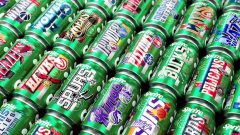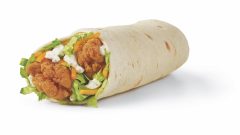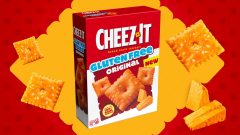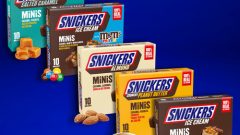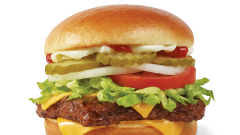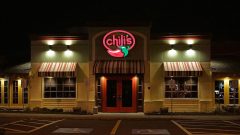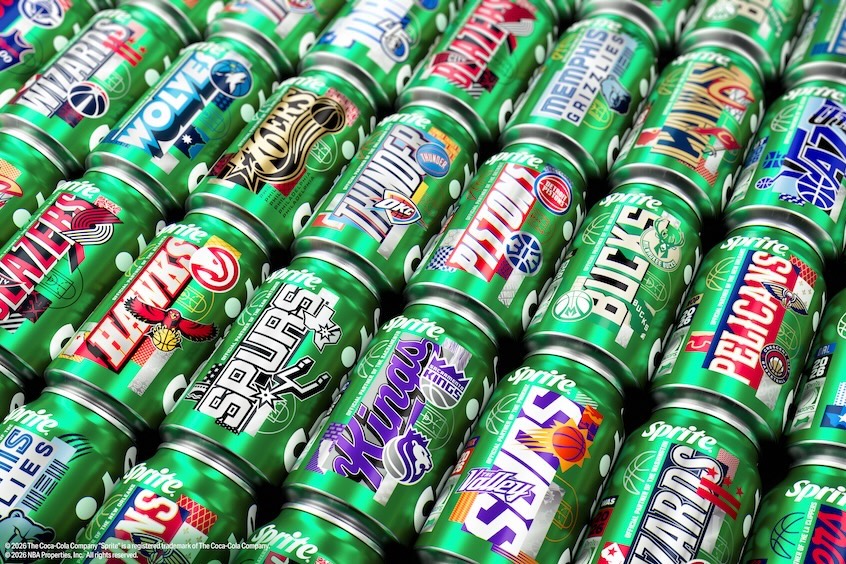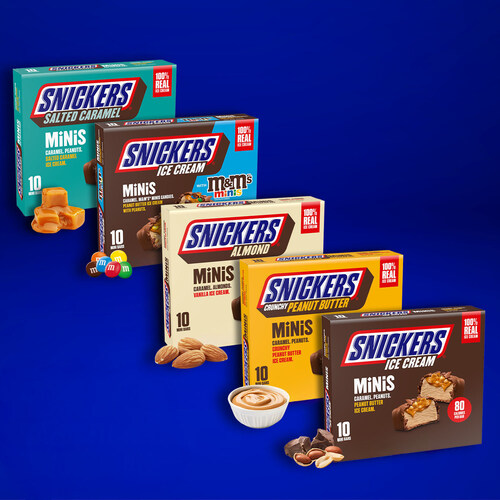Berkeley Passes ‘Healthy Checkout’ Bill, Clearing Junk Food From Checkout Aisles
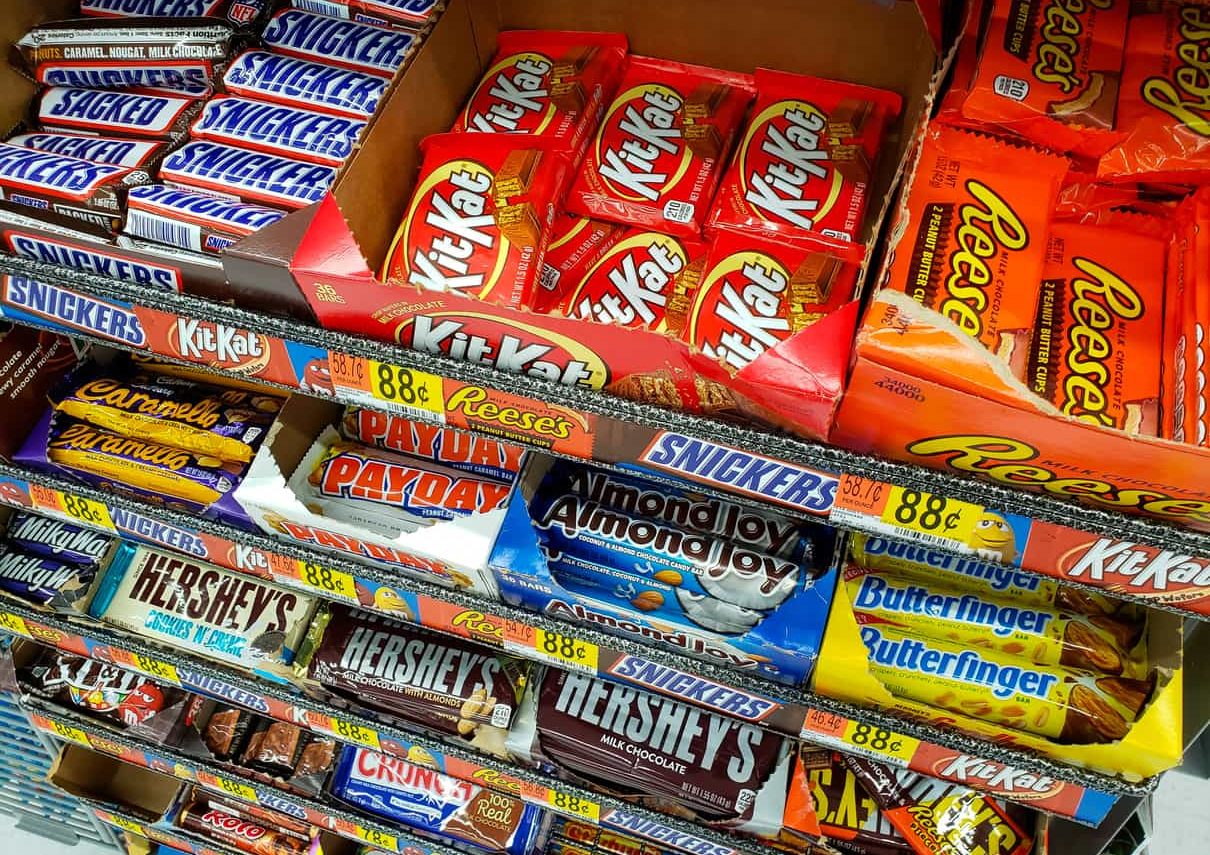
The checkout aisle of grocery stores isn’t home to just a cash register; there’s also a variety of candies, chips, and sweets you can pick up. This front of store promotion is often where kids of all ages can get their sugar cravings satisfied, but also helps push and market junk food products.
If you could change the products available in the checkout aisle to be less caloric and sugar-laden, it might have an effect in helping combat obesity. The city of Berkeley is willing to give that a shot, as they became the first city to pass a “healthy checkout” bill.
“The city of Berkeley may be the first in the nation, if not the world, to pass a policy that will eliminate junk food and unhealthy items at grocery store check-out lines.”https://t.co/SIsl2MLbej
— Nathaniel Meyersohn (@nmeyersohn) September 23, 2020
The new law, as reported by the San Jose Mercury News, applies to grocery stores larger than 2,500 square feet. It restricts products available at the checkout stands to those with no more than 5 grams of added sugar or less than 250 milligrams of sodium per serving.
Junk food itself isn’t banned in these stores, and could be found in the regular candy, chips, or snacks sections. This law just takes that prime product placement section and has stores give better-for-you options a shot in that area.
Policymakers hope that the new ordinance helps redefine what “treating yourself” means when picking up convenient snacks on the way out of the store. Replacing candy bars and the like with better-for-you snack bars, fruits, nuts, and more could help encourage healthier snacking habits.
Fruits, vegetables, nuts, seeds, legumes, dairy, whole grains, chewing gum & mints w/no added sugars. Food items will be restricted to up to 5 grams of added sugars and 200 milligrams of sodium. Drinks must have no added sugars or artificial sweeteners. https://t.co/4XaueOdpag
— Victorian Slang🗝️she/her #WashYourHands #BLM (@Shedrawsnigh) September 23, 2020
Berkeley is known for establishing precedent for laws involving nutrition and sustainability that get passed elsewhere. Their 2014 soda tax, for example, has led to similar actions in other parts of the United States.
How this law will change snacking habits, and whether it catches on nationwide, will be seen when it goes into effect in March 2021. Enforcement via health inspections will begin in 2022.

